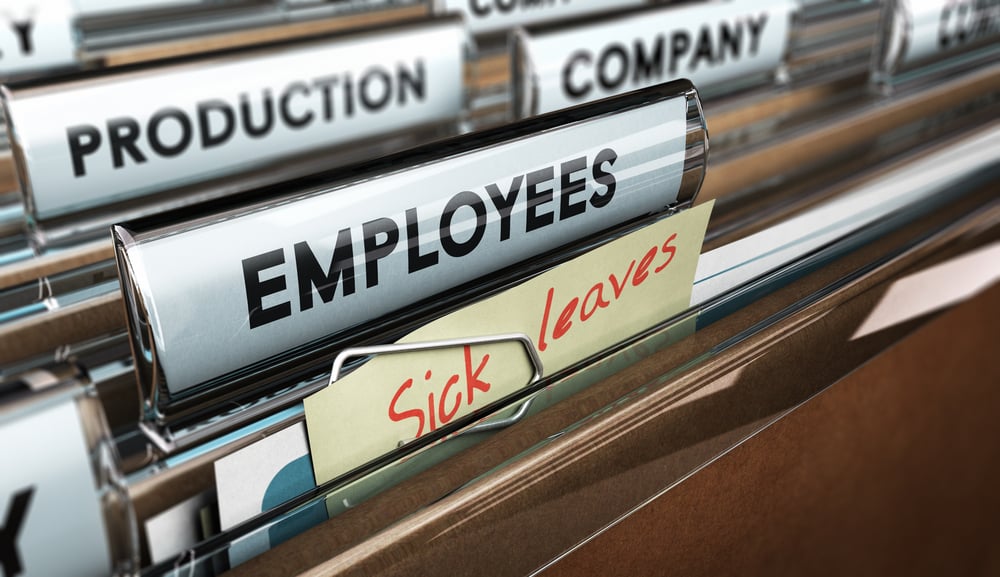“Checking in, not checking up”: long-term sickness at work
Written by Pennie Taylor Tuesday 25 February 2025
Long-term sickness absence from work is an escalating crisis that threatens the UK economy.
CMI’s director of policy and external affairs, Petra Wilton, discussed the problem in a recent issue of HR magazine – and highlighted the urgent action that organisations need to take to minimise the impact.
“Employers must urgently rethink support for staff with long-term health conditions or risk slower growth, reduced productivity and greater strain on our NHS,” she wrote, quoting CMI research. “Nearly half of managers report barriers such as unsupportive cultures, weak leadership and limited HR support that prevent them from effectively helping employees return to work after illness.”
With the Health Foundation predicting that one in five adults in England will be living with a major illness by 2040, organisations clearly need to be tackling the issue as a top priority.
Putting people first
Glenn Atkins CMgr FCMI is registration delivery manager with the Institution of Engineering and Technology (IET), a professional membership body that accredits engineers and technicians globally. His 20-strong team already coordinates around 3,500 peer reviews each year, and that workload is growing. But so too are the team’s satisfaction levels, thanks to a person-centred approach to staff wellbeing.
“It’s about being human and recognising that a person’s health matters more than any to-do list,” says Glenn. “We encourage colleagues to share concerns at an early stage and tailor adjustments to support people to stay in work and to return to work when they are ready. And if someone’s off sick, we do all that we can to help them, checking in not checking up. It’s all about honesty and trust and it absolutely helps staff retention.”
Glenn adds that a close working relationship with the IET’s People Support Team has been critical. “It’s important to make friends with your HR department,” he says. “They are an integral part of the team here and support the flexible approach we are empowered to take. Staff absence can be tricky for operational reasons, but we all step up to cover it.”
It’s about creating a psychologically safe environment for staff to say they’re struggling and to access help
Yet sickness absence will affect different organisations in different ways and demands a variety of responses. At the NHS itself, for example, absence can be a critical issue.
“It’s really hard for us when staff go off sick, as we still have a service to run and it creates service gaps,” says Aliyah Akhtar CMgr MCMI, mental health services manager with the Tees, Esk and Wear Valley NHS Foundation Trust. “The NHS runs on goodwill and we need to support people at work, implementing all available measures to retain them.”
Keep reading for more on how to support your staff
Register for Free Access
Not yet a Member, Subscriber or Friend? Register as a CMI Friend for free, and get access to this and many other exclusive resources, as well as weekly updates straight to your inbox.
You have successfully registered
As a CMI Friend, you now have access to whole range of CMI Friendship benefits.
Please login to the left to confirm your registration and access the article.
Article
Our extensive range of articles are designed to keep you in the loop with all the latest management and leadership best practice, research and news.
Members See More
CMI Members have access to thousands of online learning and CPD resources. Learn more about our membership benefits
Join The Community
CMI offers a variety of flexible membership solutions, tailored to your needs. Find out more and get involved in the CMI community today.
